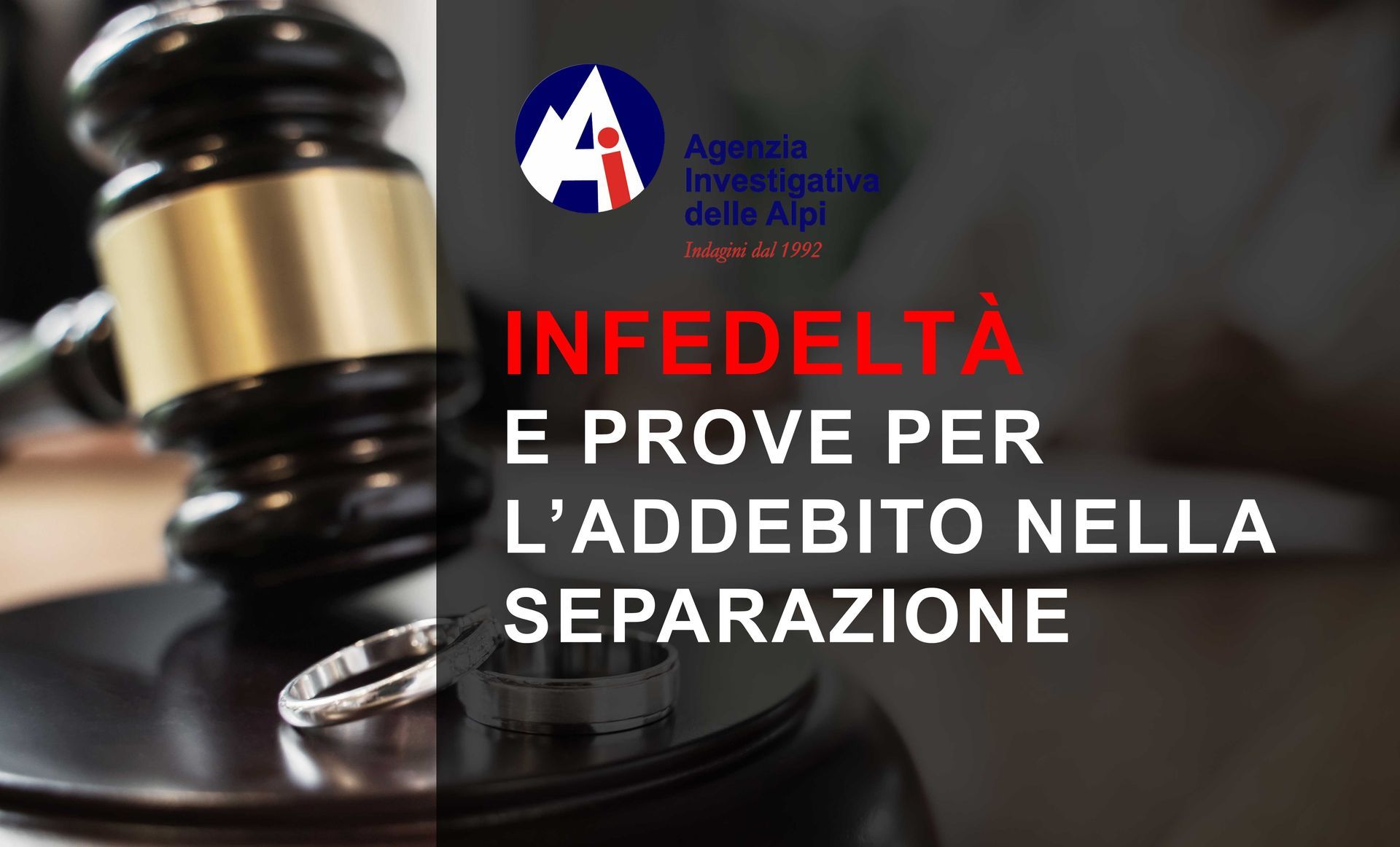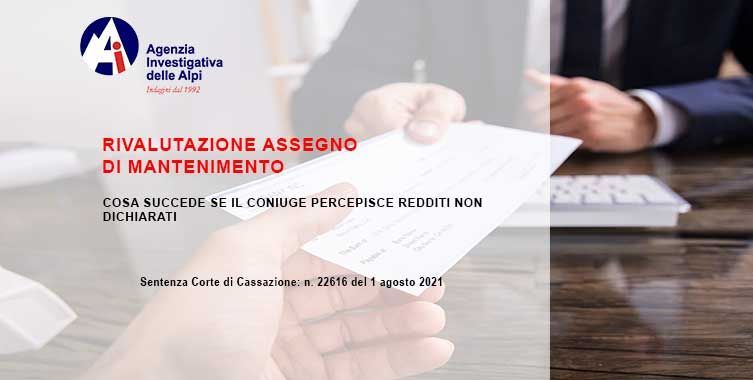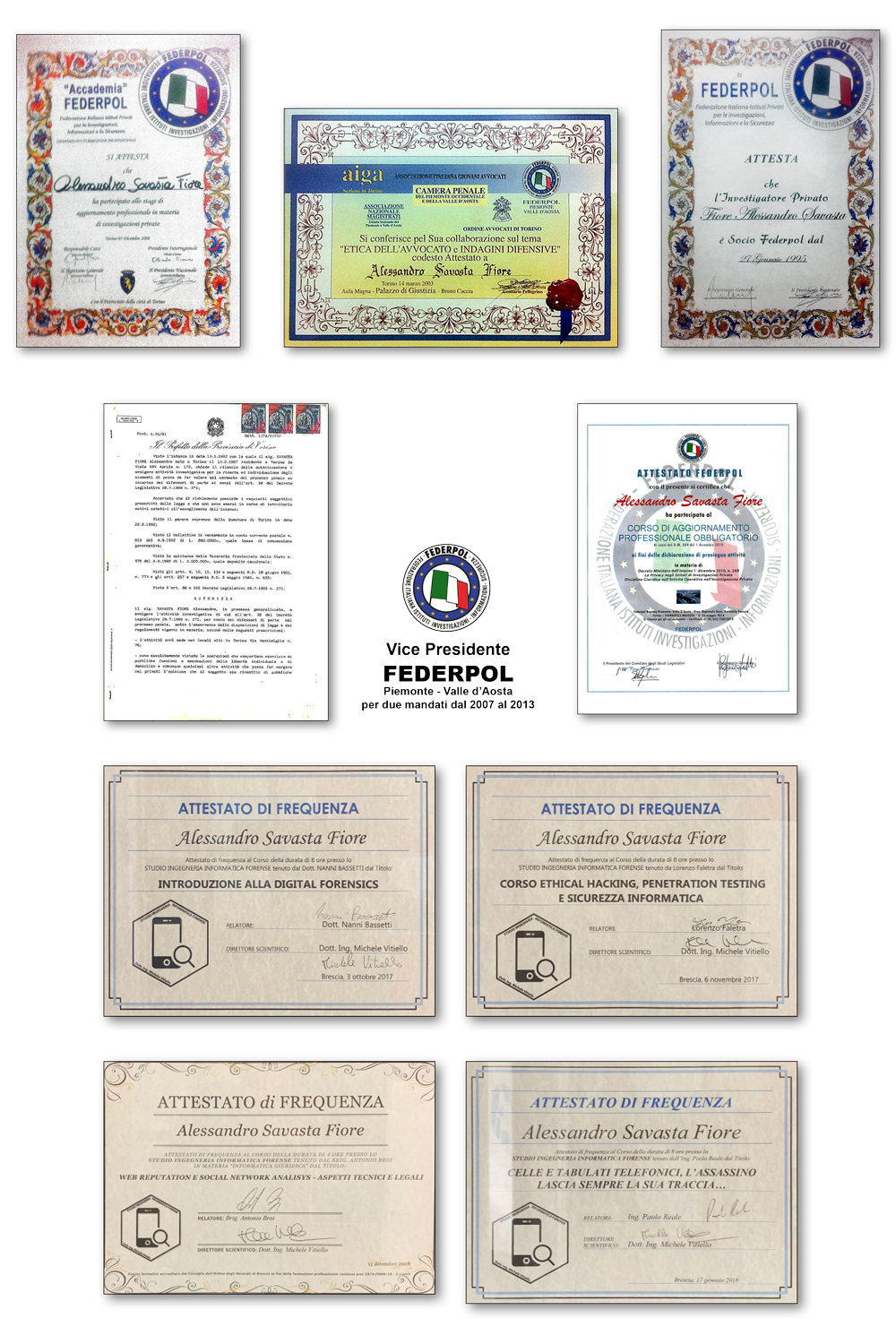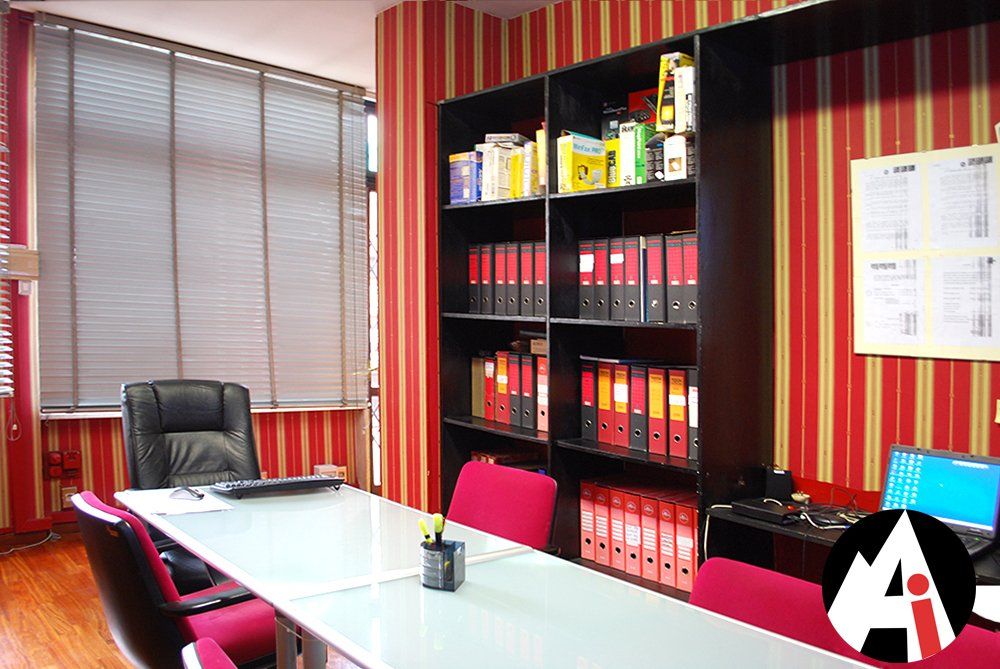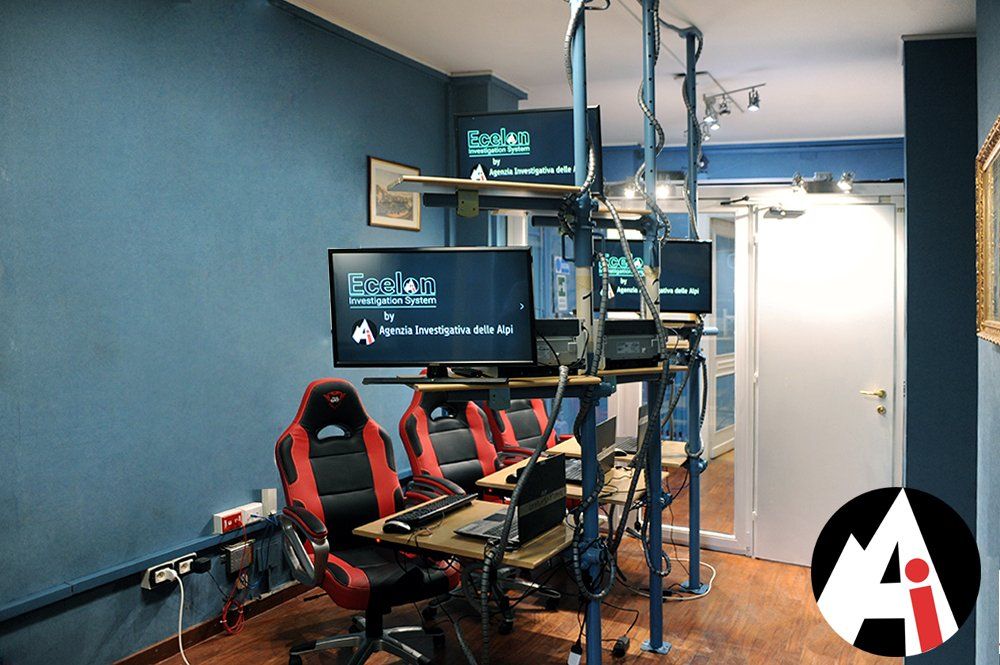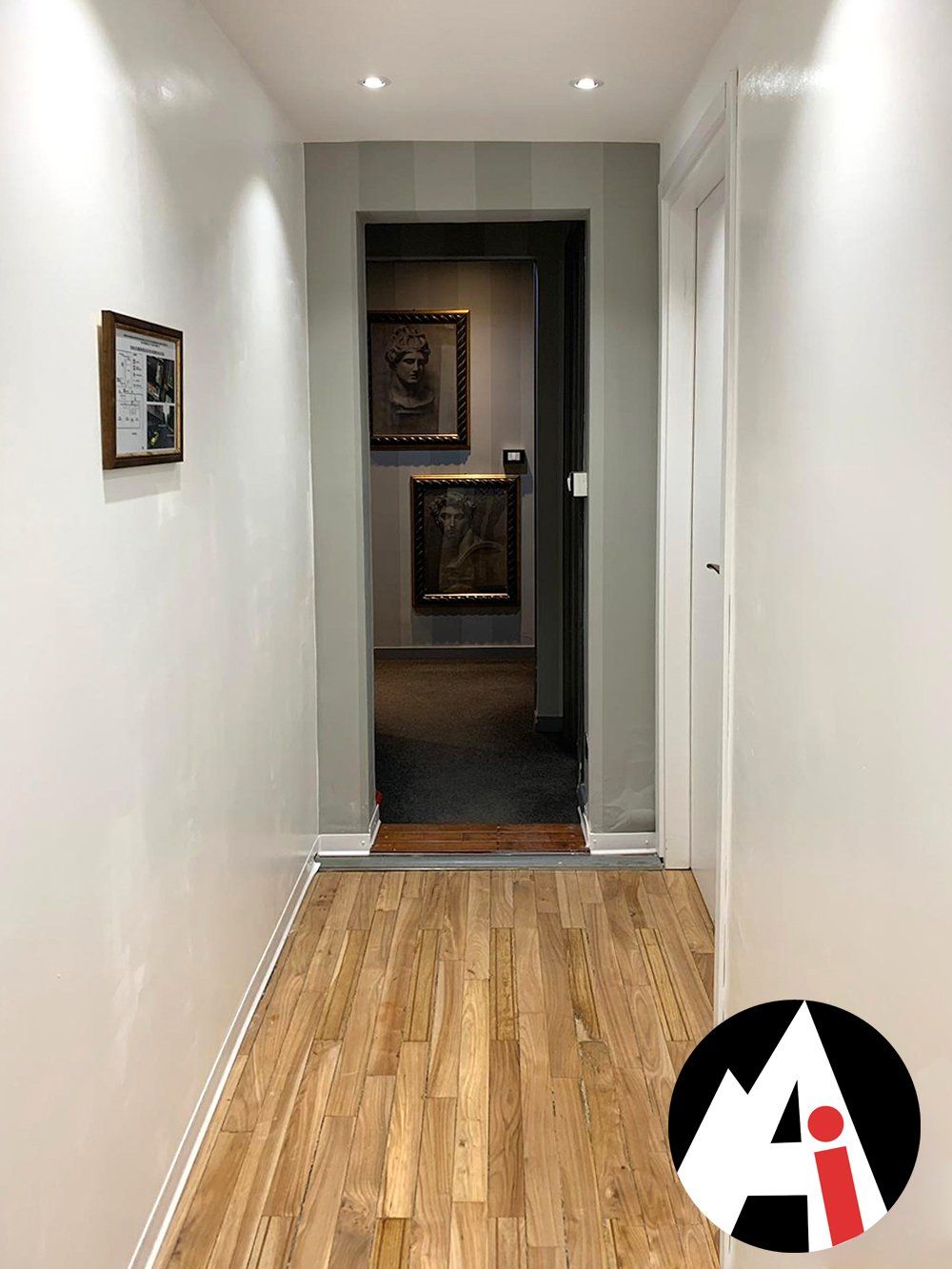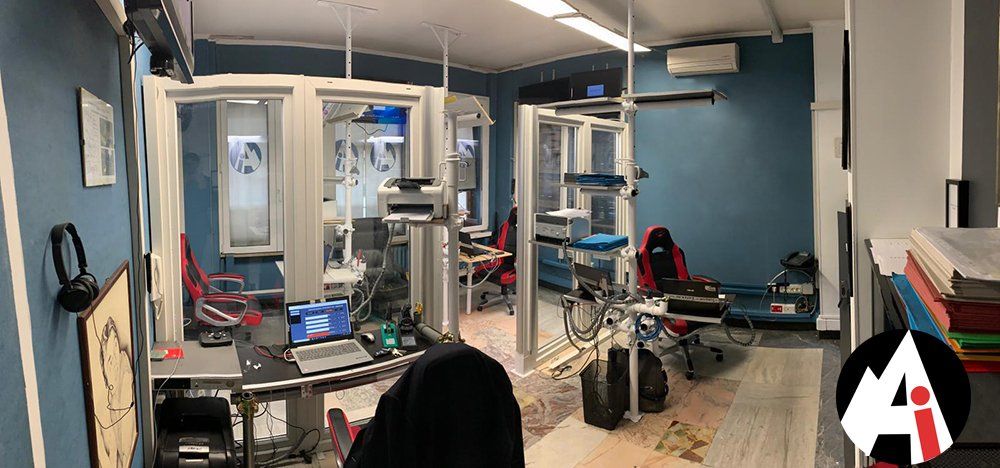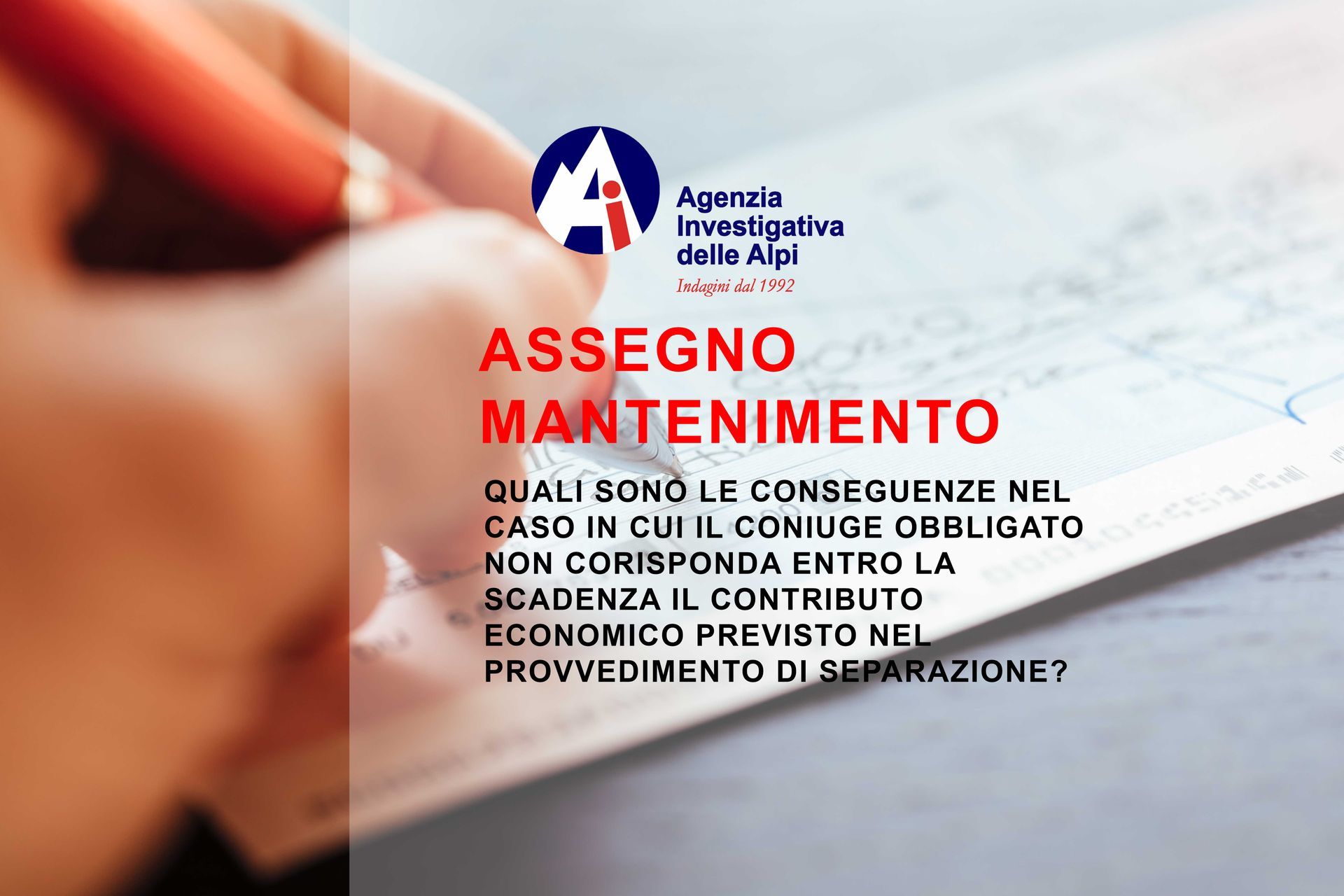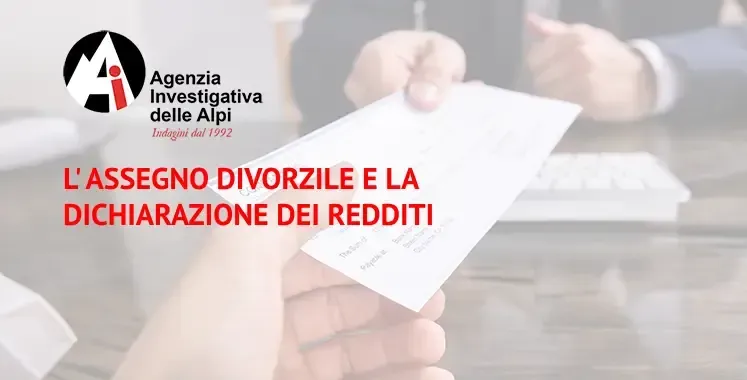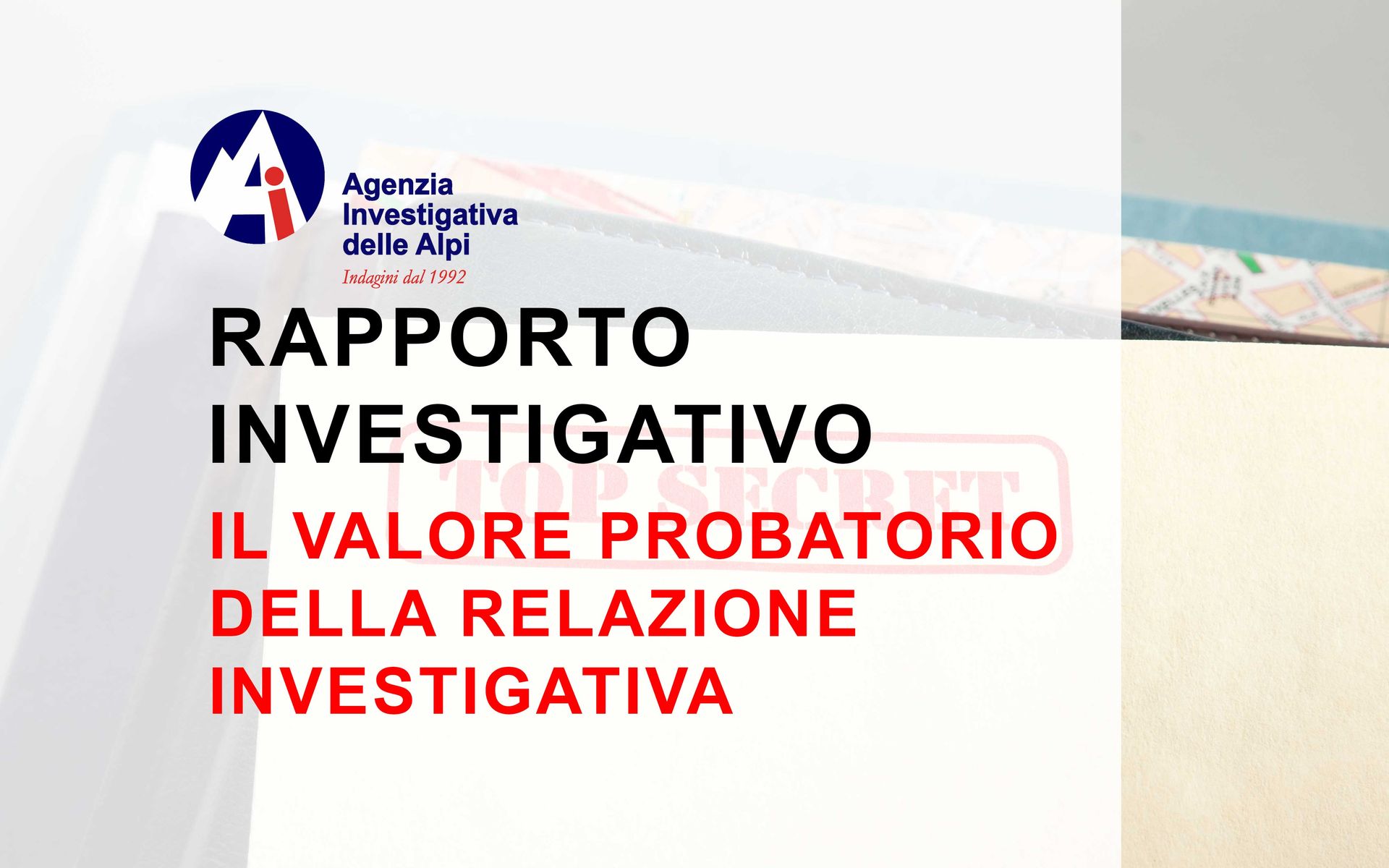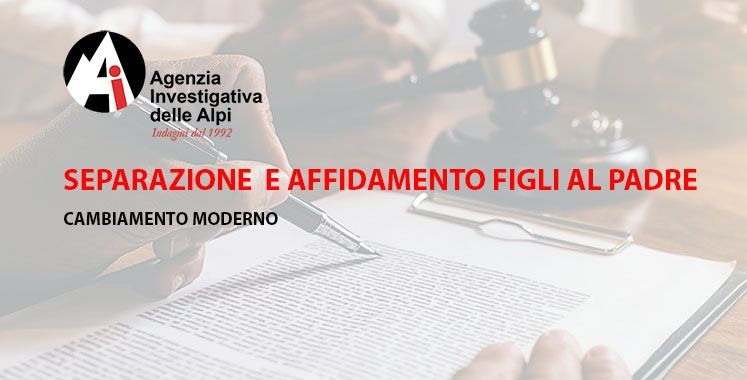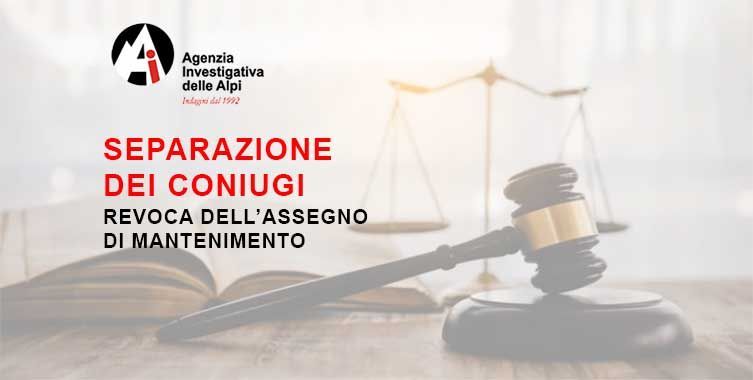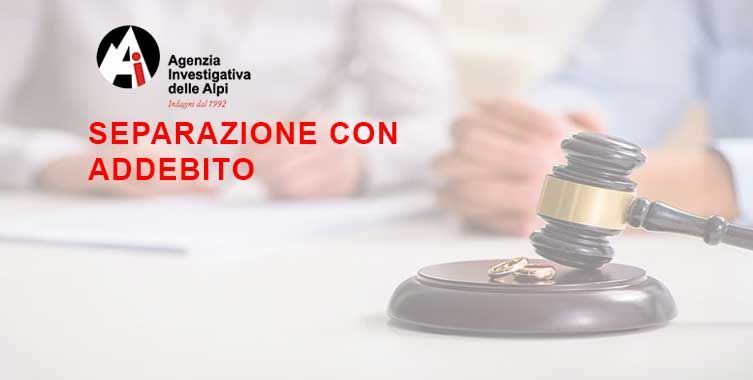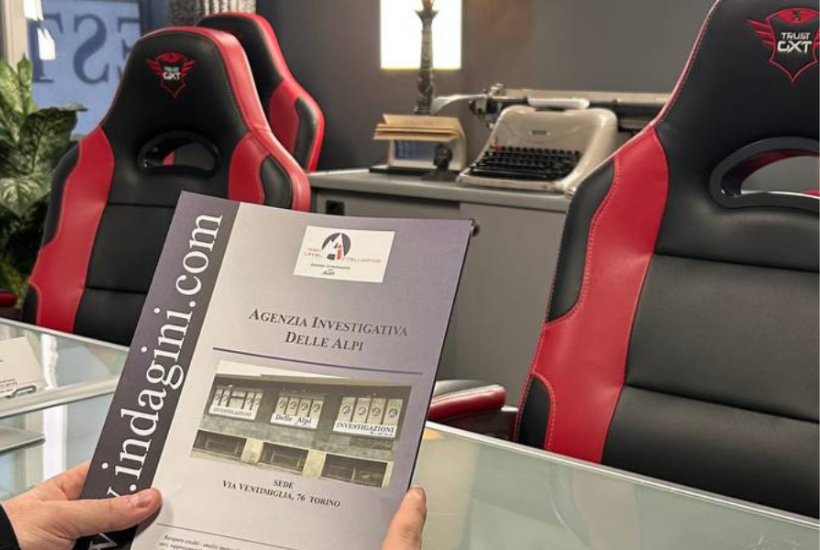Separation and Divorce
Investigation Section dedicated to Separation and Divorce Investigations
The Alpine Investigation Agency has been carrying out investigations into separation and divorce since 1992. This investigative section includes information, updates, rules and sentences regarding family law (marriage, separation, divorce, filiation). Through this section of the Agenzia Investigativa delle Alpi website it is possible to understand the advantages we bring to our customers, read rulings of the Court of Cassation relating to separation and divorce cases obtained through the evidence collected from the investigations carried out.

The differences between separation and divorce
Separation: it is a legal situation in which marital obligations are suspended. This suspension does not involve aspects of assistance and mutual respect. The separation can be consensual or judicial, the substantial difference is in the existence of an agreement or not between the spouses.
Divorce: with divorce the husband and wife lose the status of spouses, with relative cessation of the legal effects of the marriage. Without prejudice to obligations towards any children and parental authority.
Separation and divorce, the substantial differences.
- When is it possible to remarry? In case of separation it is not possible to remarry. It will therefore be necessary to proceed with the divorce in order to get married again. The patrimonial aspects of Separation and Divorce: unless otherwise expressed, legal community of property automatically applies in marriage. In this specific case, once the sentence has been pronounced, the community of property is dissolved and the spouses can judicially request that the property be divided. This circumstance disappears if the spouses reach an agreement on the division of the same. All assets owned by one of the spouses before marriage, pensions resulting from loss of employment, assets received as a donation or inherited, as well as, for example, assets obtained as compensation for damages, are not included in the community of assets. On the other hand, in the event of separation of assets, the parties remain administrators and enjoy the assets acquired before and during the marriage. Inheritance in the event of separation and divorce: separation does not cause inheritance rights to cease, on the other hand with divorce they do.

Separation and divorce: what can be demonstrated with investigations?
- INVESTIGATIONS FOR CHARGES IN SEPARATION AND DIVORCE
Pursuant to the Civil Code art. 151: "Separation can be requested when, even independently of the will of one or both spouses, events occur that make the continuation of cohabitation intolerable or cause serious damage to the education of the offspring."
The judge, pronouncing the separation, declares, where the circumstances exist and is requested, which of the spouses is responsible for the separation. The judge, pursuant to art. 156 of the Civil Code, establishes a maintenance allowance in favor of the spouse who is responsible for the separation. Finally, the spouse who is charged for the separation loses inheritance rights, which instead belong to the separated spouse without charge. The spouse who is the recipient of the charge is entitled to a lifetime allowance if, at the time of the opening of the will, he/she was the recipient of alimony from the deceased.
Separation Investigations with Debit: What can be demonstrated?
- Demonstrate and ascertain the violation of marital duties such as to justify the breaking of the marital bond (for example marital infidelity and betrayal) Demonstrate the violation of the obligation to cohabit (for example abandonment of the marital home) Demonstrate behaviors considered harmful to the dignity of the spouse , (for example the so-called Apparent Infidelity) Demonstrate the violation of the obligation to collaborate in the interest of the family Allows the acquisition of data and evidence, photographic and video, to be used before the Competent Judge
- MAINTENANCE REDISCUSSION INVESTIGATIONS/FOOD REDISCUSSION INVESTIGATIONS:
The assignment of the maintenance allowance is governed by article 156 of the Civil Code and establishes: "...for the benefit of the spouse to whom the separation is not attributable the right to receive from the other spouse what is necessary for his maintenance, if he does not has adequate income of his own".
What can be demonstrated with the investigations for the revaluation of the maintenance allowance?
- Demonstrate the change in work of the ex-spouse, through any work activities, even undeclared ones (so-called under the table) such as to allow the re-evaluation of the maintenance. Demonstrate the change in the emotional situation of the ex-spouse and the possible existence of a new undeclared cohabitation such as to allow the revaluation of maintenance Demonstrate the standard of living of the ex-spouse in relation to the global income such as to allow the revaluation of maintenance Allows the acquisition of data and evidence, photographic and video, to be used before the Competent Judge
Read also: when does the maintenance allowance stop?
- INVESTIGATIONS ON CUSTODY OF MINOR CHILDREN:
What are they for and what can be demonstrated:
- Demonstrate the inadequacy of the environment in which the minor lives Demonstrate any habits of the parent which are not suitable for the education of minor children Demonstrate the spouse's frequent visits which are unsuitable for the minor child Demonstrate the minor child's state of psychological/physical discomfort It allows the acquisition of data and evidence, photographic and video, to be used before the Competent Judge
Read: the principle of the exclusive interest of the minor child
Investigations for Separation and Divorce
Always taking into consideration the objective that the customer wants to achieve, the investigation activity is structured.
- Verification of movements at agreed times, through static (so-called stalking) and dynamic (so-called shadowing) visual monitoring activities; Use of GPS satellite systems, as foreseen and authorized by Ministerial Decree 269 of 1 December 2010; At the end of the investigations, a Written report that can be produced in court accompanied by photographic evidence and videos; Documentation through films and/or photos testifying to any extramarital relationship; List of employees who carried out the investigation for a possible call as witnesses in court at the competent court.
Separation and Divorce: the sentences of the Court of Cassation
Separation with charge: (Court of Cassation, civil section, sentence n. 11516 of 23 May 2014)
In the case of judicial legal separation, the husband requests that the separation take place at the wife's expense. To support his thesis there was numerous evidence of the adultery that the wife had already committed months before the separation. The Court of Appeal accepts this theory and revokes the wife's maintenance allowance. The evidence that the husband had brought to trial is to be considered decisive for the wife's adulterous responsibility. In fact, the evidence allowed that, in the judicial context, it was possible to effectively reconstruct the violation of the spouse's duty of loyalty.
Following this conclusion, the wife appealed to the Court of Cassation, complaining in particular about the inability to use the investigative evidence. The Court of Cassation rejects this appeal, thus affirming the full lawfulness of the use of the investigative reports.
Request Information on Investigations for Separation and Divorce
Contact us
Articles relating to investigations for Separation and Divorce:
